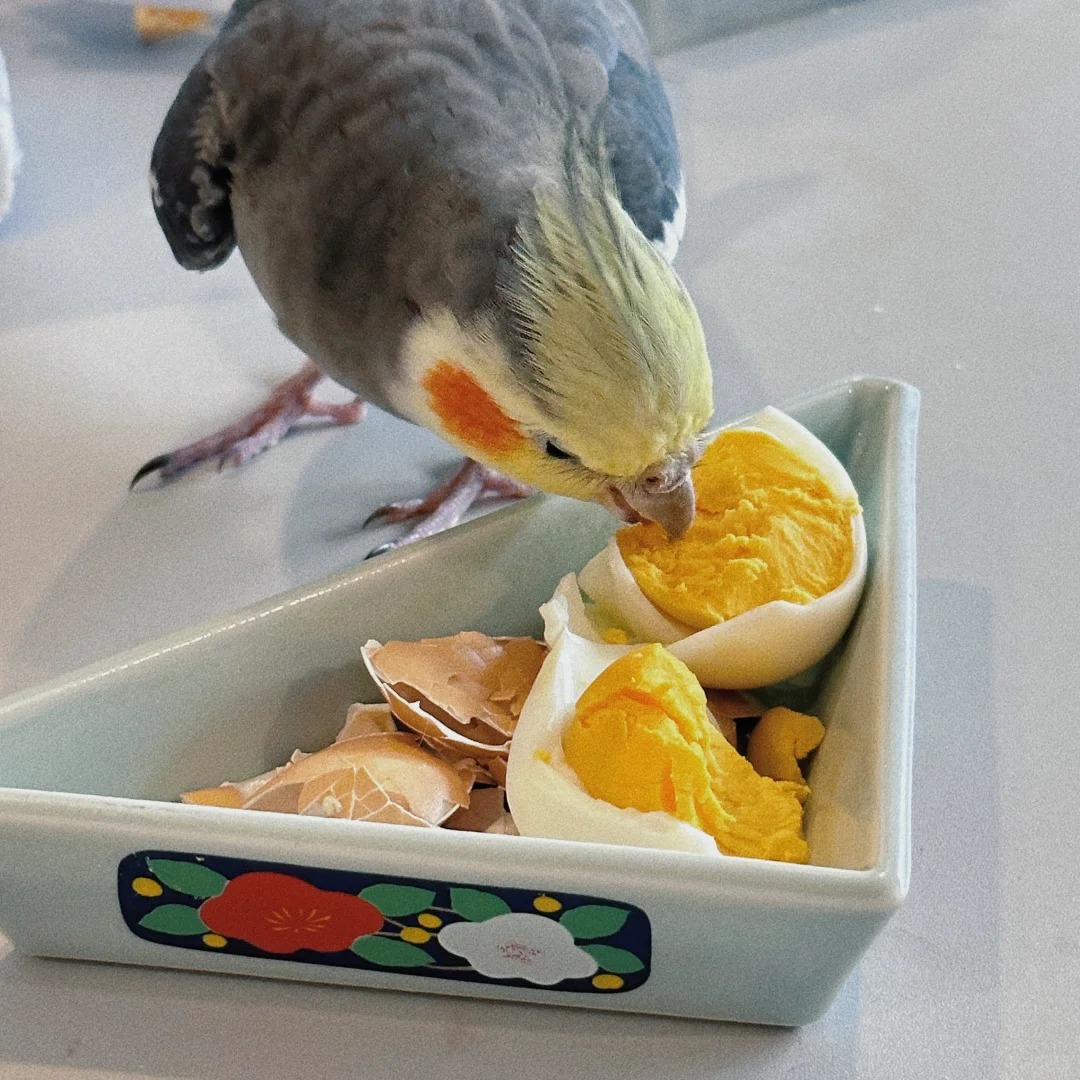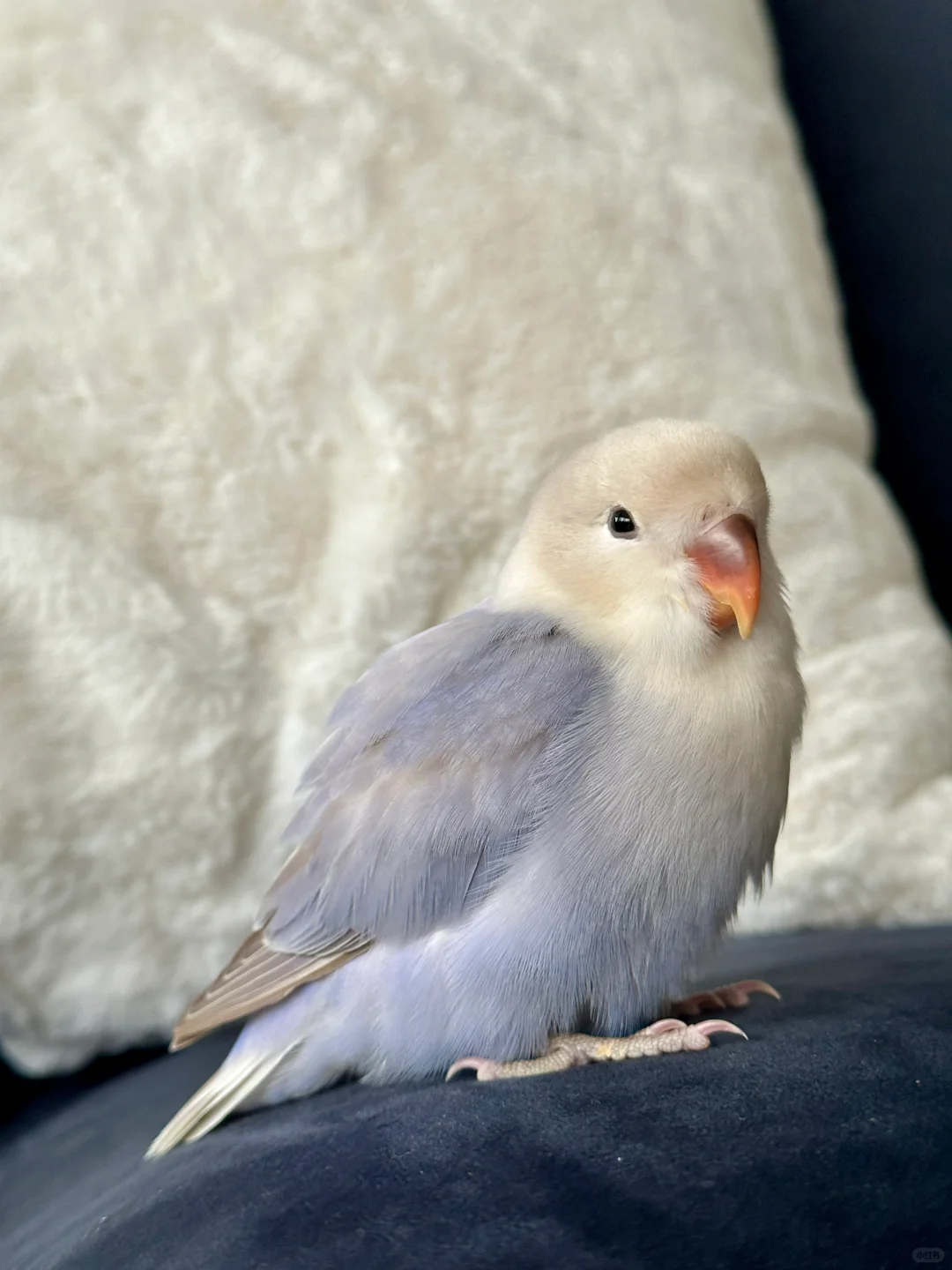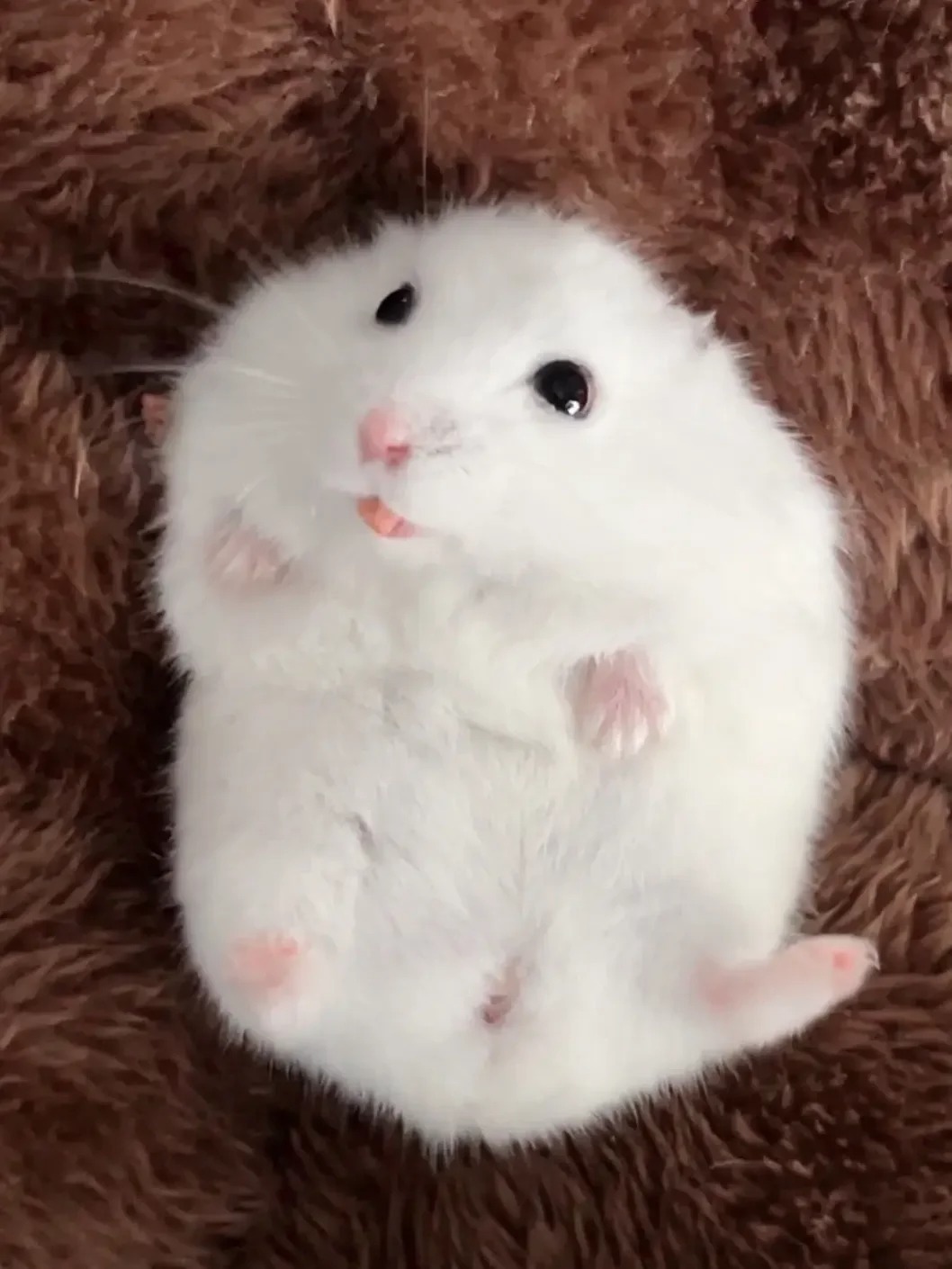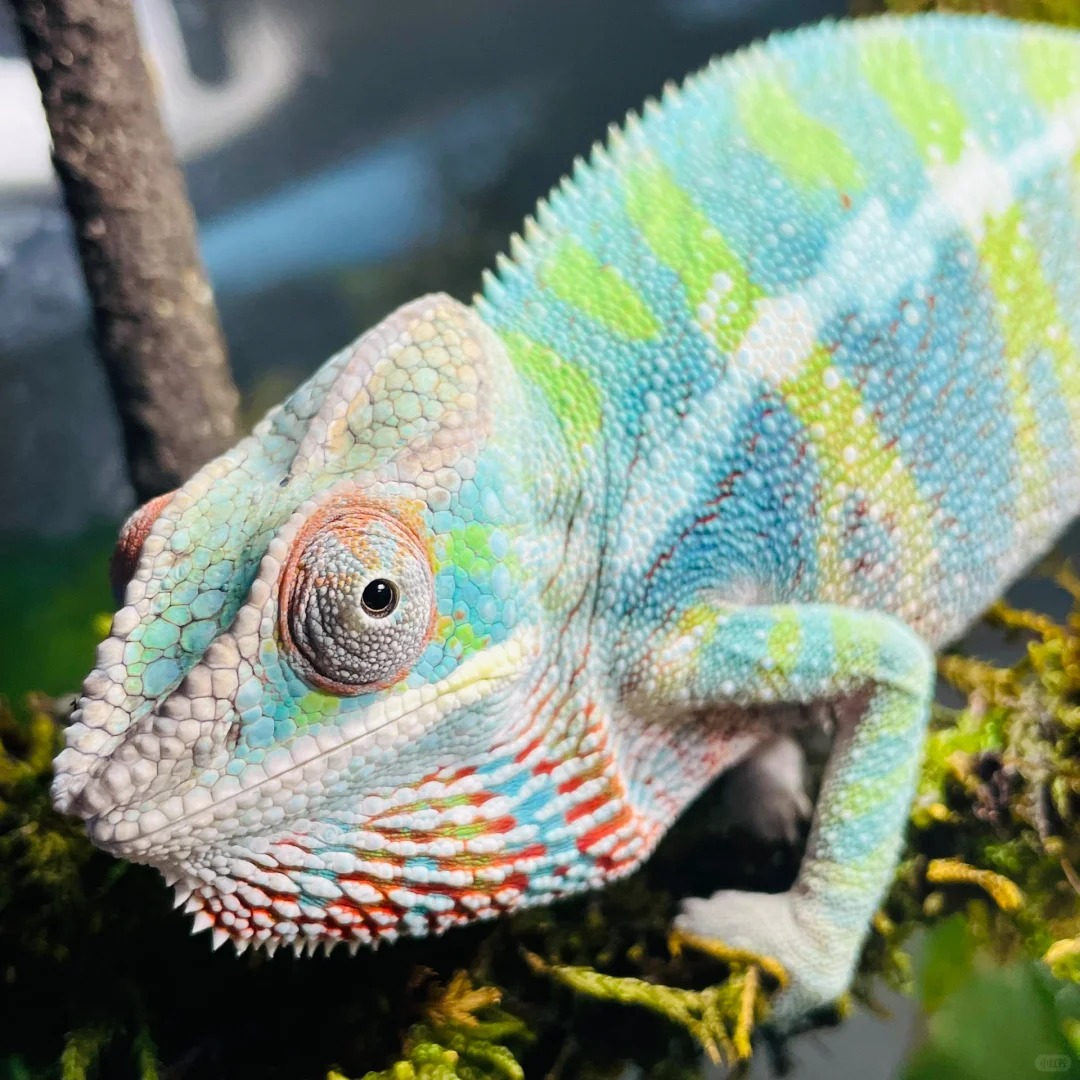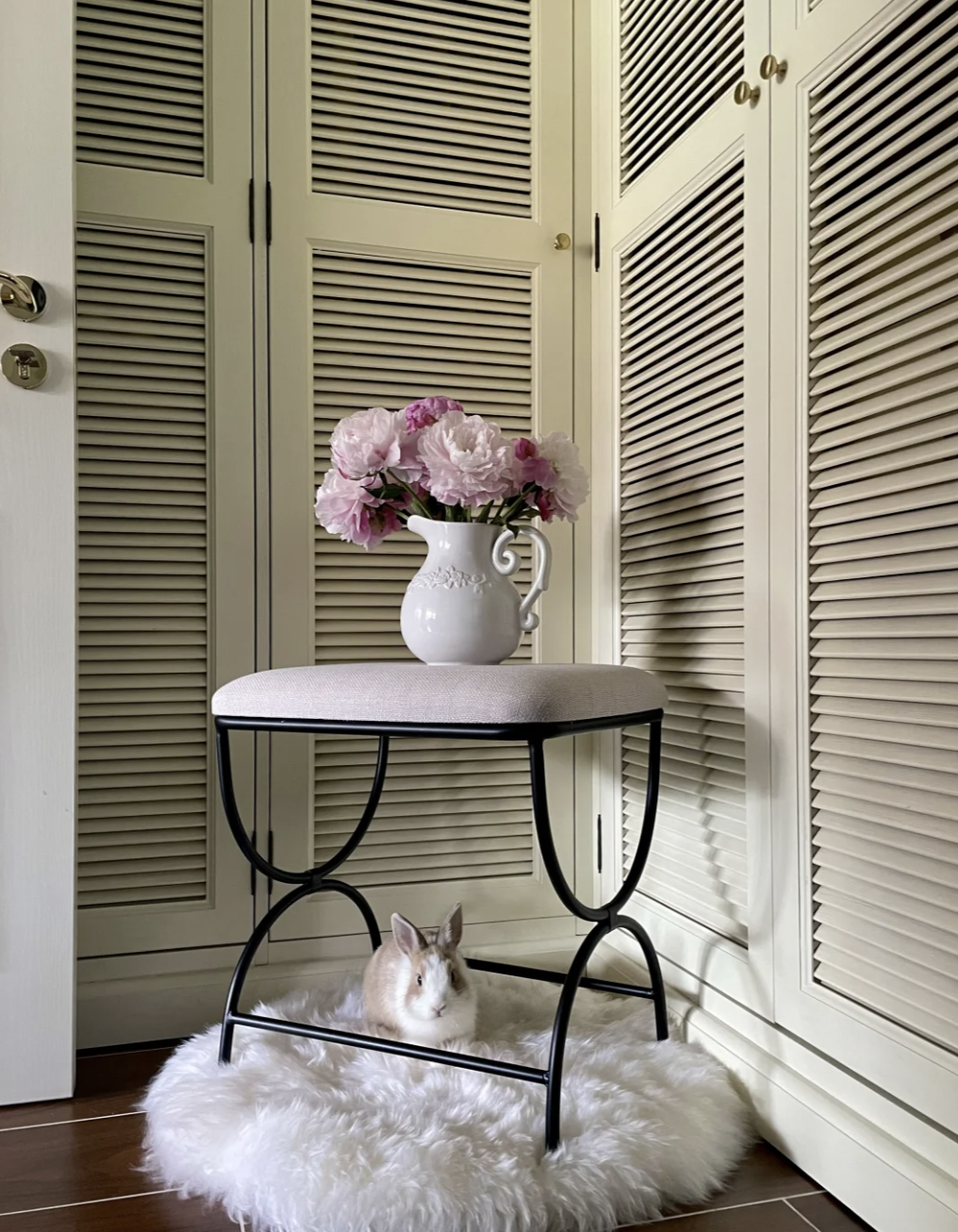**Owning a pet is not just a short-term hobby; it’s a form of emotional attachment and responsibility.**
Lovebirds are social animals. No matter how mischievous and active they are, they still crave their owner's attention and companionship. 😒
1️⃣ You need to be responsible for its environment and hygiene. Regularly clean and keep it tidy; don’t be lazy. Provide a comfortable cage suitable for climbing, not a cheap, uncomfortable cage—that’s just imprisonment.
2️⃣ You need to invest your time and patience. Young parrots are mischievous and may bite, so you need to accompany and guide them patiently. As they grow older, they become more affectionate, requiring you to let them out to play. If possible, secure your windows to reduce the risk of them flying away.
3️⃣ You need to give it plenty of petting. It will yearn for human touch on its cheeks and back, and when comfortable, it will lie down letting you pet it.
4️⃣ You need to regularly shop for its food. Buy seed and nutritional pellets periodically, and add some treats occasionally to enrich its diet. Share some fruits and vegetables with it to maintain a balanced nutrition.
5️⃣ You need to learn basic health care knowledge. Keep some common parrot medicines at home, such as electrolytes, probiotics, and liver supplements. Monitor its poop, mental state, feather condition, etc., and learn basic emergency care.
